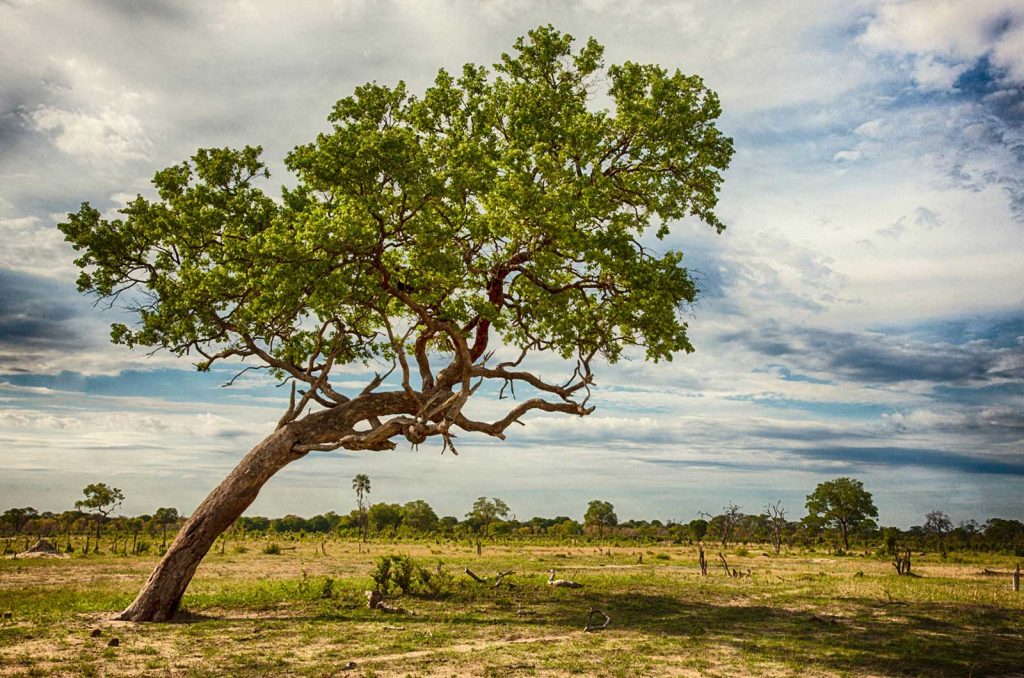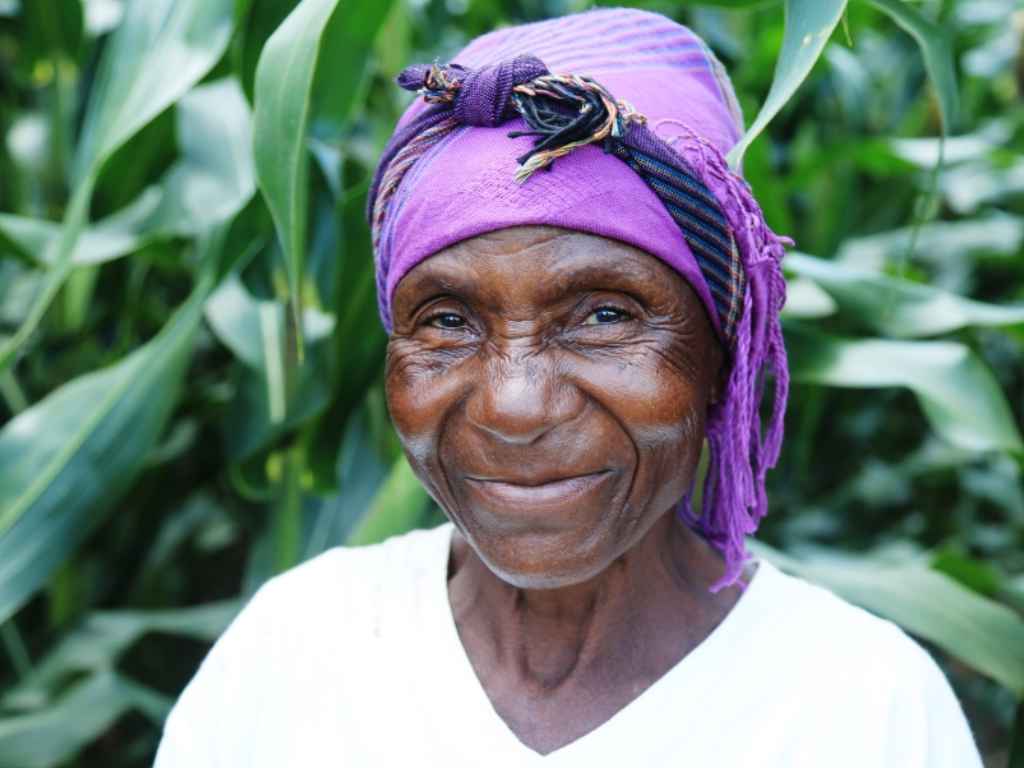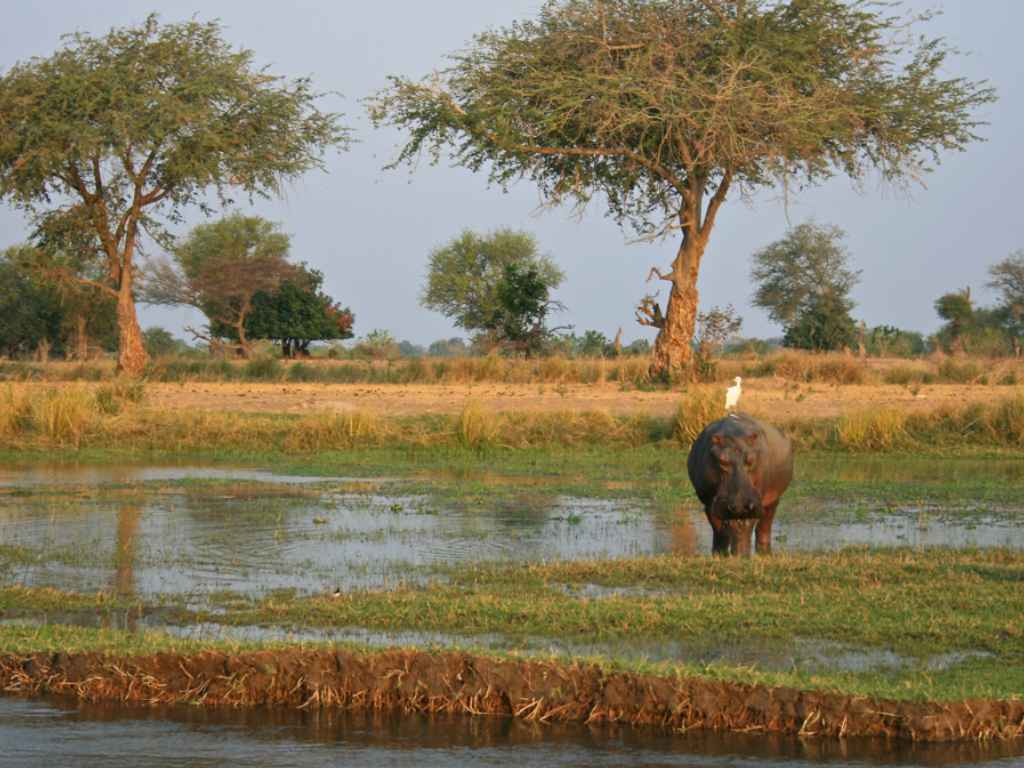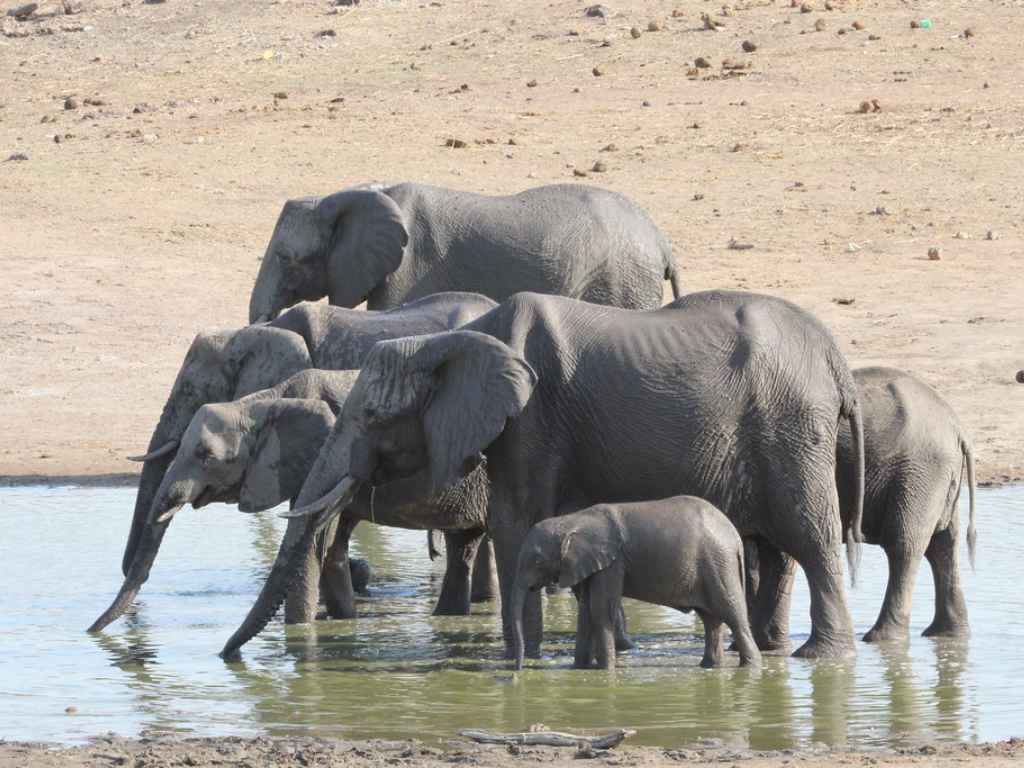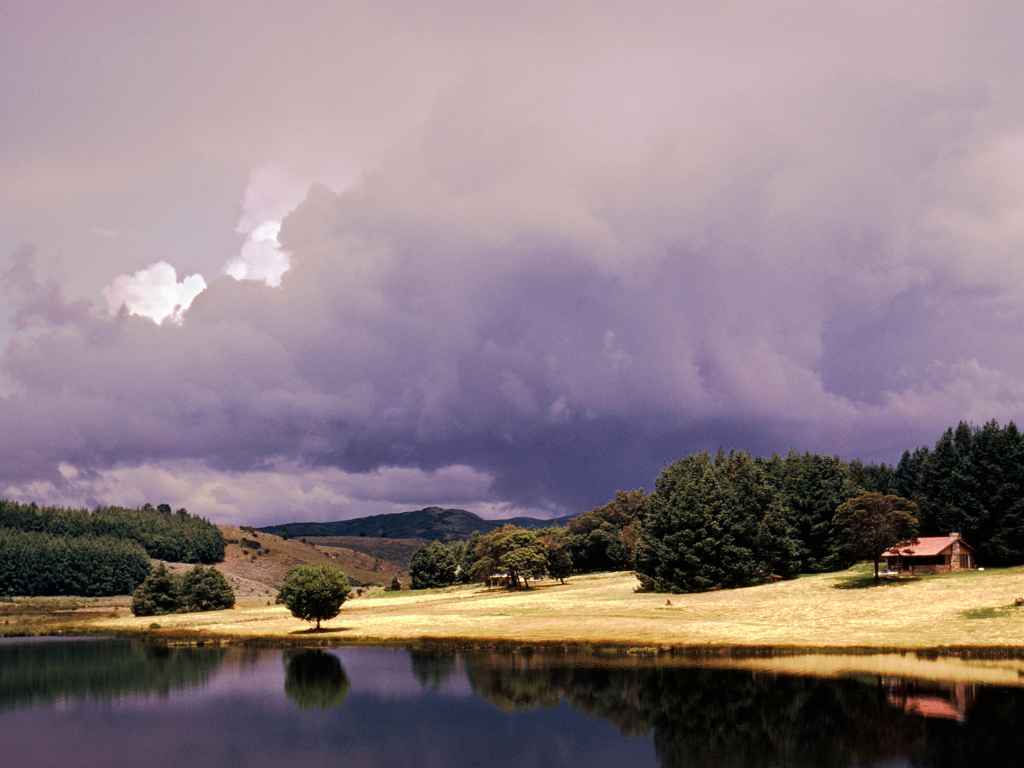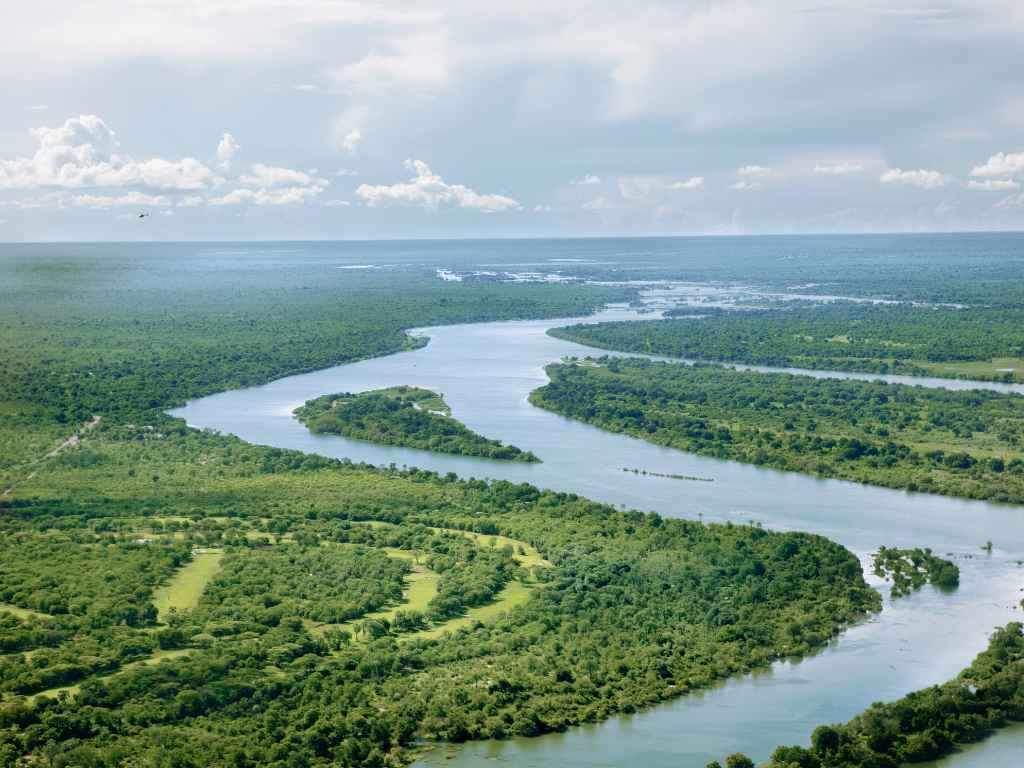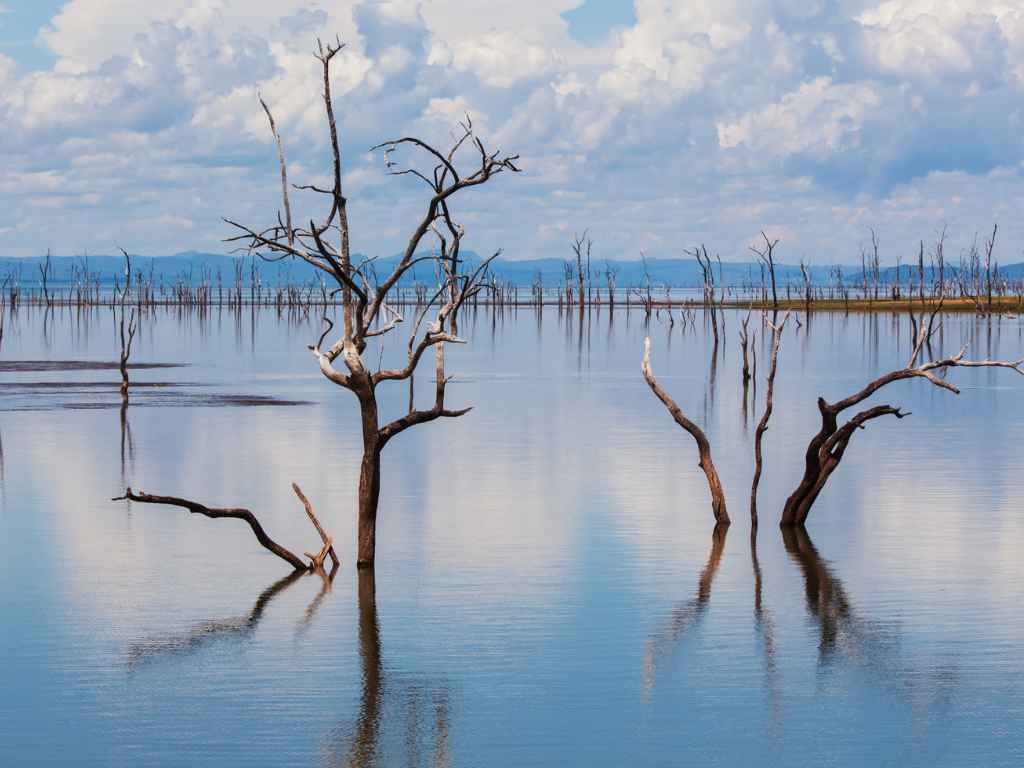About Harare
Welcome to our exploration of Harare, the vibrant heart of Zimbabwe. This pulsating city, often overlooked by travellers, is a treasure trove of culture, history, and stunning landscapes. We’re about to embark on a journey that reveals the charm and allure of this African gem.
Harare’s unique blend of traditional and contemporary, rural and urban, creates a captivating tapestry of experiences. From its bustling markets to its tranquil parks, this city is a delightful paradox.
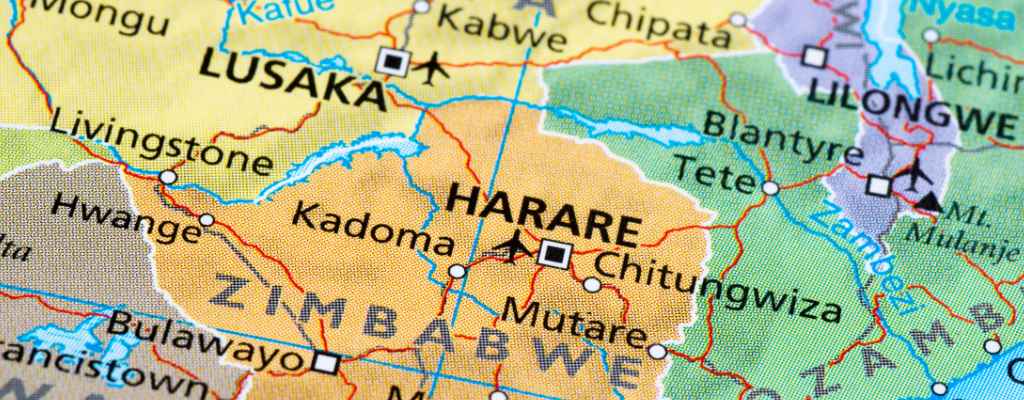
Building on the initial premise, let us delve deeper into Harare’s captivating characteristics. This city indeed holds the vibrant core of Zimbabwe, its cultural richness, history, and landscapes evident as we further explore it. The intermingling of tradition with modernity, countryside with urban landscapes, truly paints a vivid picture, an African gem worth discovering.
Location and Population
Situated in the northeastern part of Zimbabwe, Harare’s strategic location makes it the heart of the country. This bustling city is home to over two million people, exhibiting a melting pot of diverse cultures, languages, and races.
Highlights and Selling Points
Harare’s charm lies in its diversity and allure. From bustling local markets, steeped in traditional culture, to modern establishments that exhibit contemporary trends, Harare offers it all. For nature lovers, beautiful parks and gardens are aplenty, creating a rural feel in the heart of the urban landscape. It’s the city’s ability to offer a diverse range of experiences that truly makes it a captivating destination.
Getting to Harare
Traveling to Harare is a breeze due to the Robert Gabriel Mugabe International Airport, Zimbabwe’s largest airport. Multiple airlines operate regular flights, providing easy connections from major cities across the globe.
Overland, Harare connects to other cities in Zimbabwe and neighbouring countries via a network of highways and roads, allowing for a scenic road journey.
Weather and Climate
Harare boasts a subtropical highland climate. Expect warm, sunny days throughout the year with the occasional exception during the rainy season, which usually extends from November to March. The dry season, spread from April to October, makes for an ideal time to explore the city and its surroundings.
Harare's Top Attractions
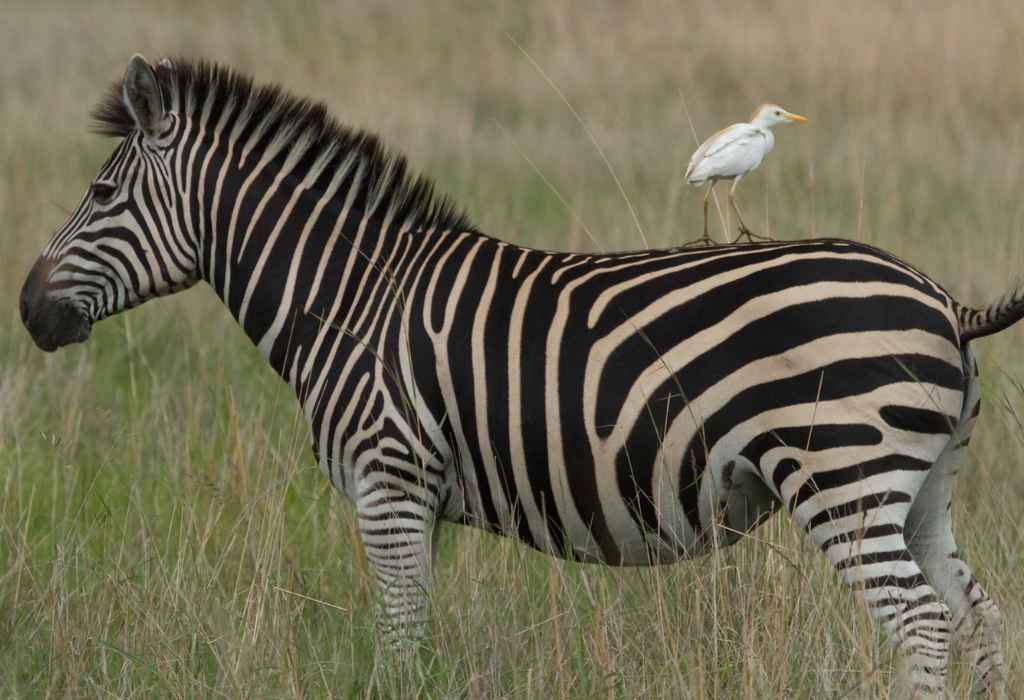
Harare boasts a plethora of attractions, each providing unique perspectives into the city’s cultural tapestry, natural beauty, and architectural innovations. As you dive deeper into each of these, you’ll gain insight into Harare’s intricate blend of tradition, modern design, and wildlife preservation.
National Heroes’ Acre
Imbued with history, the National Heroes’ Acre stands as one of Harare’s significant landmarks. This iconic monument, located just outside the city, honours heroes of Zimbabwe’s war of independence, creating a potent symbol of national pride and identity.
Mukuvisi Woodlands
Mukuvisi Woodland spanning 263 hectares, offers wildlife enthusiasts an authentic wilderness experience within city limits. As one of Africa’s few remaining indigenous woodlands, it houses over 130 species of birds, various mammals, and abundant flora, becoming a must-visit spot for nature lovers.
Mbare Musika Market
For a true taste of local life, a trip to Mbare Musika Market, Harare’s biggest open-air market, is a must. With everything from fresh produce to handmade crafts, the market offers a bustling and colourful insight into the city’s everyday rhythm.
Eastgate Centre and Samora Machel Statue
Showcasing futuristic architecture, the Eastgate Centre, based on the cooling properties of termite mounds, sticks out in Harare’s cityscape. Not far from the Centre stands the Samora Machel Statue, a tribute to the former Mozambican President, emphasising Zimbabwe’s ties with Mozambique.
Museums and Cultural Attractions
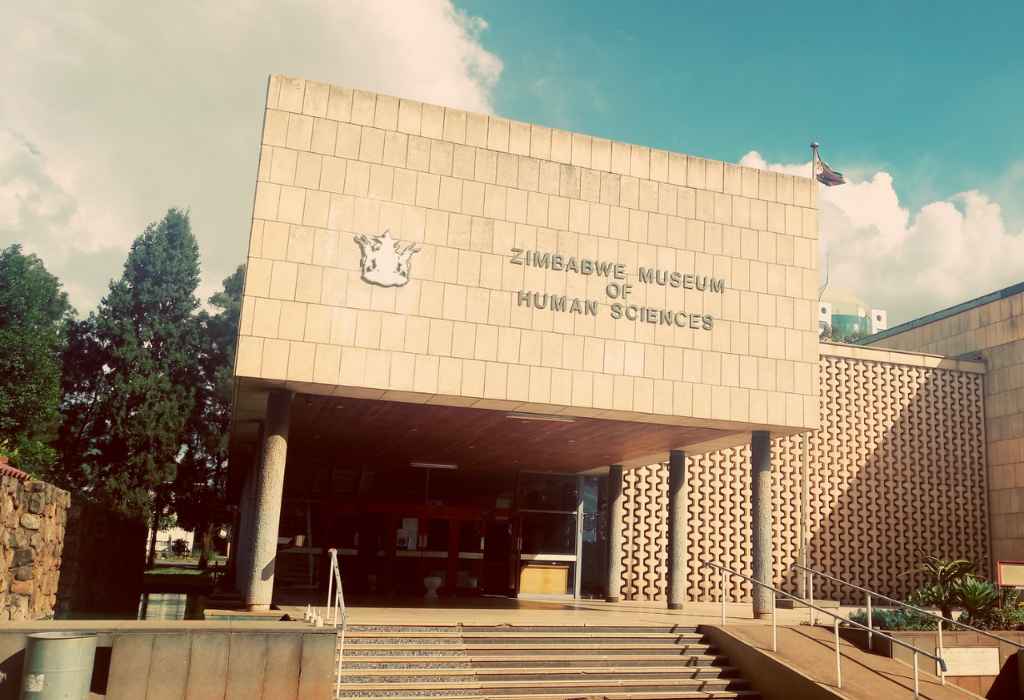
National Gallery of Zimbabwe
The National Gallery remains a cultural landmark in downtown Harare, showcasing an extensive collection of Zimbabwean art spanning local, continental and global bounds. Its inspiring displays provide an immersive understanding of the country’s rich artistic heritage.
Chapungu Sculpture Park
At Chapungu Sculpture Park, visitors can explore the world’s largest collection of Zimbabwean stone sculptures, illuminating the artistic prowess of local artists. The outdoor environment enhances the viewer’s experience, making the park a must-visit for art enthusiasts.
Zimbabwe Museum of Human Sciences
The Zimbabwe Museum of Human Sciences houses unique archaeological artifacts, including the oldest wooden artifact in Sub-Saharan Africa. By visiting this museum, one becomes privy to insights into human evolution, culture, and Zimbabwe’s historical narrative.
Outdoor Activities and Parks
Harare Gardens
Harare Gardens, the city’s largest public park, is a green oasis amidst the urban hustle. A popular spot for picnics and leisurely walks, it’s an excellent refuge for locals and visitors seeking respite from the city’s busy life.
Mukuvisi Woodlands Nature Reserve
The Mukuvisi Woodlands Nature Reserve offers opportunities to spot wildlife, from zebras to giraffes, in a protected environment. It’s an instance of urban conservation, emphasising Harare’s dedication to safeguarding its natural heritage.
Lion and Cheetah Park
The Lion and Cheetah Park, an hour’s drive from downtown Harare, provides visitors a glimpse into the life of Africa’s majestic big cats. The park’s ethos lies in conservation and protection of these magnificent creatures, augmenting Harare’s ties with wildlife preservation.
Finding the Right Place to Stay - Hotels and Apartments
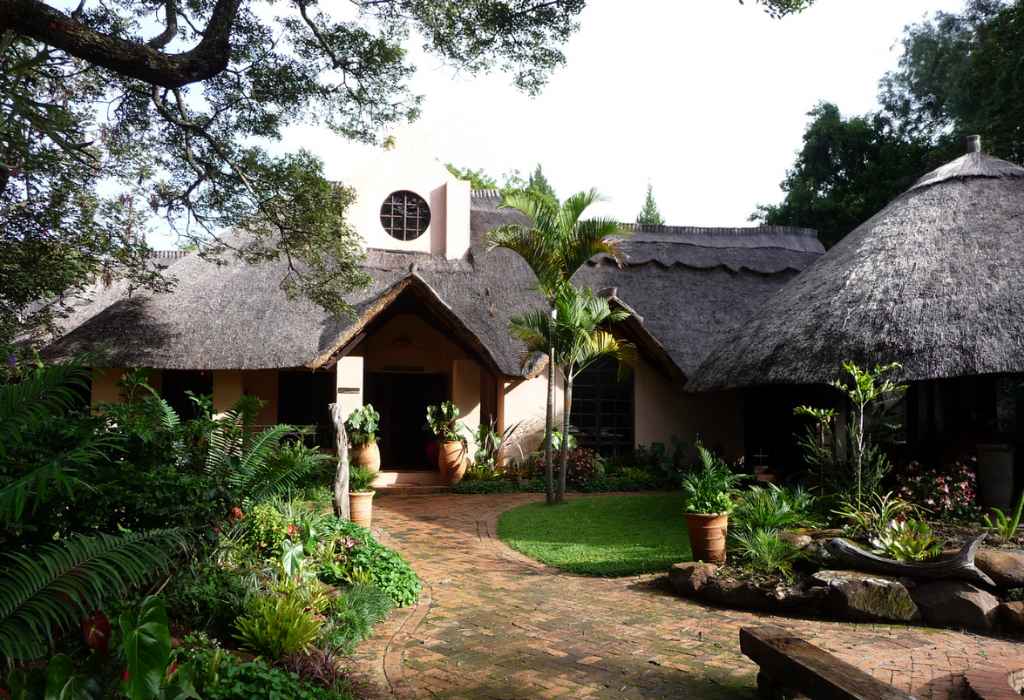
Staying in Harare presents a spectrum of choices, each fostering unique experiences that cater to different types of travellers.
City Centre Hotels and Apartments
Harare’s city centre boasts a range of accommodation options, with premier hotels and serviced apartments offering luxury living experiences. Examples include the Meikles Hotel and Rainbow Towers Hotel and Conference Centre, globally recognised for their hospitality and service.
Suburban Areas
Harare’s suburbs allow for quieter stays, away from the bustling city.
Borrowdale
Known as Harare’s premium suburb, Borrowdale offers luxury lodges and guest houses nestled amidst lush green spaces. Examples include Ballantyne Park and Sam Levy’s Village, offering a peaceful yet indulgent stay.
Gunhill
Gunhill provides budget-friendly guest houses and apartments, set in a quiet and safe environment. Examples include Gunhill Manor and Amanzi Lodge, offering good value for money.
Boutique Hotels and Lodges
Boutique hotels and lodges, such as Amalinda Lodge and Bronte The Garden Hotel, promise intimate and personalised stays, and often deliver unique African-themed ambiances.
Vacation Rentals and Airbnbs
For those seeking the comforts of a home, vacation rentals and Airbnbs are aplenty in Harare. They range from basic studio apartments in central locations to upscale villas with private gardens and pools. Examples include the Cosy Cottage and Pamusha Lodges. Thus, we can guarantee that Harare blends diverse accommodation options with unforgettable city vibes, rendering it an ideal location for every type of traveller.
Getting around/transportation tips
After immersing oneself in the rich cultural tapestry of Harare, and luxuriating in a diverse range of accommodation options, navigating the city’s transportation terrain is of paramount importance. Here, we delineate details on various modes of transportation in Harare to empower you with local knowledge, ensuring a seamless journey through Zimbabwe’s capital city.
Public Transportation
Our exploration begins with public transportation. In Harare, ZUPCO buses and commuter omnibuses, colloquially known as ‘kombis’, are prevalent. ZUPCO buses follow a fixed route and timetable, providing reliable service across the city at economical rates. Kombis, alternatively, offer flexibility in terms of departure times and routes, often crisscrossing the city’s various districts. Precise fare details are accessible from ZUPCO’s official website or from kombi conductors directly.
Taxis and Ride-sharing
Venture into the realm of taxis and ride-sharing services in Harare next. Officially registered taxis are available throughout the city. However, for a more personalised ride, ride-sharing services such as Uber are rapidly gaining traction in Harare – equally effective in shuttling through the city. In alignment with the global trend, ride-sharing apps provide users with price estimates and real-time tracking, enhancing convenience and safety.
Renting a Car
Thirdly, we look at renting a car, for those wishing for more control over their journey. Harare features a number of reputable car hire agencies such as Europcar and Budget, offering a plethora of options from luxury vehicles to smaller compact cars. Prior to renting, the necessary documentation, including international driving permits, and adherence to local road rules of Zimbabwe, are to be confirmed.
Tours and Guides
Lastly, an interesting mode of city exploration comes through tours and guides. Countless tour operators offer guided visits around Harare—cognizant of the city’s rich history, cultural diversities and natural landscapes. A guided tour provides interpretative information and an informed perspective, enabling travellers to make sense of complex city narratives and, understand the culture in depth. Many operators offer online booking, making it convenient for travellers to plan ahead.
Belt up for an enriching journey—exploring Harare’s public transport, taxis, car rentals, and guided tours. We present a selection of choices, tailored to suit varied preferences, for an emblematic Harare journey.
Cuisine in Harare
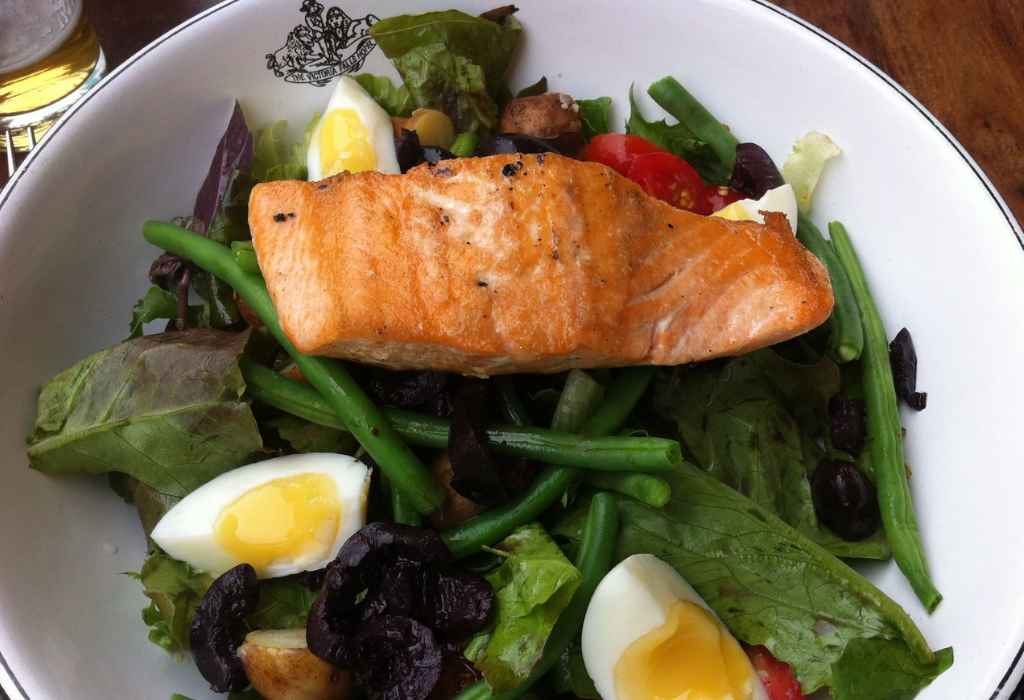
Hopping from Harare’s rich cultural tapestry, history, and diverse landscapes, we transition into its flavourful culinary landscape. We journey into Harare’s kitchens and marketplaces, famous eateries, street stalls, and watering holes.
Traditional Zimbabwean Cuisine
Moving first into traditional Zimbabwean food allows us to traverse the lush flavours that are as diverse as Harare itself. The cuisine often incorporates maize, the staple food grown locally, in dishes such as Sadza, a thickened porridge, served alongside the likes of Nyama, a slow-cooked meat dish. Another local delicacy, Boerewors, a unique type of sausage, makes an appearance on most native platters. Much like the rich history of Harare, its food palette, peppered with nutritious vegetables and hearty stews, gives a nod to its geographical diversity.
Local Markets and Street Food
Turning our attention to the vibrant local markets of Harare, they bustle with a smorgasbord of flavours. Street food in these markets offers a direct path to the heart of Harare’s tasty traditions. Must-try items include roasted maize, also known as Chibage, and mopane worms, a high protein snack locally called Macimbi. Street vendors also sell freezits, a frozen drink popular amongst locals, enhancing Harare’s culinary palette further.
Restaurants and Nightlife
Pivoting to Harare’s restaurant scene, it boasts a mishmash of eateries catering to all choices and preferences. Places like Amanzi Restaurant, proffering a fusion of international and African cuisine, or The Boma – Place of Eating, offering a traditional dining experience with song and dance, illustrate Harare’s culinary prowess. Furthermore, the city lights up as the sun goes down, with spots like Maestro, a vivacious nightclub, or Pariah State, a popular lounge offering an array of music and cocktails, demonstrating Harare’s vibrant nightlife.
Breweries and Local Drinks
Finally, we explore Harare’s local beverages. The city’s breweries produce thirst-quenching beers like Zambezi Lager and Bohlingers. For non-alcoholic options, Mahewu, a traditional millet-based drink, and Mazoe, a sweet orange drink, are sure picks. The specialty of the city, however, lies in its locally-produced spirits, such as the honey-based liqueur known as Mukuyu, stamping its unique mark on Harare’s flavour map.
Culture & History Highlights
Delving deeper into Harare’s past, let’s elucidate the city’s colonial history and independence. Harare, previously known as Salisbury, was the seat of the colonial government in Zimbabwe, then Southern Rhodesia, from the 1890s to 1980. In 1980, following a lengthy struggle for majority rule, Zimbabwe gained independence and Salisbury renamed itself Harare, ushering in a new era of self-determination.
Colonial History and Independence
The city holds numerous landmarks from this era, primarily the Parliament Building and the Cathedral of St Mary and All Saints – rich evidence of its colonial past. Harare’s Independence Monument, depicting freedom fighters, stands as a significant symbol of the transition from colonial rule to independence.
Archaeological Sites
For archaeological enthusiasts, Harare provides an enriching experience. It’s home to various sites unravelling the country’s ancient past. The surrounding areas of Harare and the city itself offer glimpses into that history.
Great Zimbabwe
Notably, while not in Harare but a drive away, the Ruins of Great Zimbabwe are paramount. Built between the 11th and 15th centuries, this ancient city remains a potent symbol of African civilisation before colonial intervention. A UNESCO World Heritage site, it displays elaborate stone constructions and walls that showcase the sophistication of old African societies.
Arts, Music and Dance
The harmonious blend of tradition and modernity in Harare is encapsulated in its thriving arts scene – depicted through music, dance, and the visual arts. Harare’s National Gallery promotes visual arts, presenting an array of contemporary paintings, sculptures, and textiles illustrating Zimbabwe’s zest for art. Simultaneously, traditional Shona music and dance performances, ongoing at assorted venues, immerse audiences in the unique cultural landscape.
Festivals and Events
Harare’s lively atmosphere extends to its cultural festivals and events. Events like HIFA (Harare International Festival of the Arts) and Shoko Festival provide potent platforms for global and local talents in music, theatre, dance, fashion and spoken word. These cultural panegyrics contribute to Harare’s reputation as an active centre for artistic expression, showcasing its dynamic nature and offering entertaining, enriching experiences to visitors and locals alike.
To ensure your visit to Harare is a smooth and enjoyable one, consider these practical tips revolving around the best times to visit, wardrobe advice, language help, and understanding the tipping culture in the city.
Best Times to Visit
Harare, with a subtropical highland climate, boasts moderate temperatures nearly all year round. However, visitation peaks between April and September, when days are typically sunny, dry, and mild, with temperatures fluctuating between 15-22°C. This period serves as an ideal time for outdoor activities, exposing tourists to Harare’s vibrant city life, magnificent scenery, and rich historical sites.
What to Pack and Wear
Given Harare’s climate pattern, visitors may want to embrace layers! Pack lightweight, breathable clothing, perfect for hot afternoons, and do not forget a good quality jacket for chillier evenings. Include in your suitcase comfortable walking shoes, as Harare’s attractions often demand quite a bit of footwork. Remember, sunscreen, sunglasses, and a hat for adequate sun protection.
Language Tips
While English is Zimbabwe’s official language, making communication in Harare relatively easy for English speakers, a few vernacular phrases might prove helpful. Learn some simple Shona phrases, such as “Mangwanani” (Good Morning), “Maswera Sei” (How are you?), or “Tatenda” (Thank you), to blend in and establish a deeper connection with locals.
Tipping Culture
In Harare, tipping isn’t mandatory but certainly appreciated. Service staff in restaurants and bars generally expect a tip between 10-15% of the bill’s total value. For taxi services, rounding up to the nearest dollar suffices. However, consider a higher tip for tour guides or prolonged services, reflecting your appreciation for their efforts.
Get these practical tips down pat and look forward to making the most out of your visit to Harare.
Unique Experiences and Hidden Gems
Exploring Harare isn’t just about top-rated attractions. There’s much more that lies off the beaten path, waiting to be experienced. Following on from the previous sections exploring the dining, arts, and historical experiences in the city, let’s now turn our focus to the lesser-known spots and unique activities that Harare offers.
Off-the-Beaten-Path Attractions
Sprinkled across Harare, hidden gems convey tales of tradition, modernity, and nature. For a peaceful retreat, take a stroll along the serene pathways of Ewanrigg Botanical Garden, home to one of the world’s most diverse succulent collections. Harare’s Mukuvisi Woodlands, an urban nature reserve, offers close encounters with zebras, giraffes, and bird species. In the heart of the city, First Street Pedestrian Mall provides a lively sidewalk shopping and dining experience.
Want to buy authentic Zimbabwean crafts? Visit the authentic arts and crafts market at Avondale Shopping Centre. For an intimate look at Zimbabwean literature, HIFA Literature Cafe, peppering their reading series with music and performances, stands as a crucible of Zimbabwean creativity.
Day Trips from Harare
Short drives from Harare unlock even more adventures. Approximately 120 kilometers from the city, Domboshawa Hills host rock formations dating back millions of years and ancient rock paintings— a testament to the region’s rich history. Chinhoyi Caves, about 130 kilometers west of Harare, features an underground lake and series of limestone caves, offering a visually stunning experience. They’re a paradise for divers and history enthusiasts alike.
For wildlife lovers, Mana Pools National Park, about 375 kilometers from Harare, is a treat. Home to elephants, hippos, and crocodiles, it is an unspoiled wilderness with spectacular scenery and exceptional bird-watching opportunities.
Unique Tours and Activities
Harare also provides unique tours and activities for the adventurous. Participate in a cooking class to know more about the Zimbabwean cuisine, letting traditional recipes meet your taste buds. Attend a pottery workshop at Ros Byrne Pottery, where you can shape clay into beautiful handicrafts.
Golf enthusiasts can use their swing at Royal Harare Golf Club’s prestigious course, while horse-riding lessons at Borrowdale Brooke Equestrian Centre provide a memorable experience. If you’re daring enough, you might get the adrenaline rush with canoeing or river rafting in Zambezi River, presenting breathtaking views along the way. For a panoramic bird’s eye view of the city, a helicopter ride around Harare proves an exhilarating experience.
As we toured Harare’s hidden gems, day trips, and activities, it becomes more evident that Harare holds countless surprises that extend beyond its well-known offerings. Whether you’re looking for tranquillity, thrill, or an immersive cultural experience, it’s always here in Harare.
A 2024 Harare City Tour video we can recommend.
What does it cost to enjoy a stay in Harare?
In this section, we’ll take a look at some specific costs associated with visiting Harare. For every phase of your journey, from accommodations to transportation to food and activities, we’ll offer an approximation of costs. Also, we’ll share some practical money-saving tips to make the most of your budget.
Accommodation Costs
Harare offers a range of accommodations that cater to different preferences and budgets. For a taste of luxury, you could stay at city centre hotels like Meikles Hotel. These luxury hotels usually range from $150 to $200 per night, and that’s inclusive of amenities such as continental breakfasts and gym facilities. In suburban areas like Borrowdale, rates for luxury lodges start from $100 per night. For more budget-friendly options, Gunhill provides accommodations starting from as low as $30 per night.
Transportation Costs
Getting around Harare can be budget-friendly, depending on the mode of transportation. Public transportation with ZUPCO buses and ‘kombis’ is the cheapest option, with fares starting from as low as $1. For a taxi ride, you can expect to pay about $10 for an average run. Using ride-sharing services like Uber can cost anywhere between $5 to $15, based on the distance and time of day. Renting a car can be a bit more cost-intensive, with daily rates from car rental agencies such as Europcar and Budget starting from around $40.
Food and Activity Costs
When it comes to dining, you can enjoy a hearty meal of traditional Zimbabwean cuisine, such as Sadza and Nyama, for as little as $5 at local markets. If you prefer a dining experience at a restaurant that offers international and African cuisine fusion, budget around $20 to $40 per person. As for activities, entry fees for attractions like the National Heroes’ Acre and the National Gallery of Zimbabwe are usually around $5 to $10. Unique tours and activities, such as cooking classes and pottery workshops, typically cost between $20 to $50.
Money Saving Tips
To get the most out of your budget, consider these tips. For accommodations, consider booking during off-peak seasons when rates are generally lower. Use public transportation or ride-sharing services instead of taxis to save on travel costs. Eat at local markets to enjoy cheaper, traditional meals. Purchase packaged tickets for attractions that allow access to multiple sites, as these often provide savings. Lastly, planning your itinerary in advance could help in spotting deals and discounts for activities, enhancing your Harare experience without overstretching your finances.
Travel Requirements to Keep in Mind
After detailing Harare’s attractions, accommodation, transportation, cuisine, history, and unique experiences, let’s delve into essential information about travel requirements and safety provisions for an optimal trip to this vibrant city.
Visas and Documentation
Travelling to Harare necessitates certain documentation, with the prominent one being a visa. Prospective travellers from most countries obtain a visa on arrival in Zimbabwe, paying $30 for a single entry visa, and $60 for a double entry visa. Endorsements for a KAZA UniVisa option exist, offering access to both Zimbabwe and Zambia at $50. Always remember to carry your passport that remains valid for at least six months beyond your planned departure date from Zimbabwe.
Vaccinations and Health
Health and wellness command importance while planning your Harare visit. Although Zimbabwe does not require mandatory vaccinations, consider recommended vaccines like Hepatitis A, Typhoid, and Diphtheria-Tetanus. If you’re travelling from a Yellow Fever risk country, provide proof of Yellow Fever vaccination. In Harare, it’s vital to drink bottled water and adhere to good hygiene practices.
Safety Precactions
Whilst Harare is generally safe, exercise caution, especially in crowded places. Petty crimes like pickpocketing and bag-snatching could occur, so secure your belongings. Avoid displaying flashy jewellery or large amounts of cash in public. Remain cautious at ATMs, and when using public transit, be adherent to traffic rules. If driving, lock your doors, and always park in well-lit areas.
Travel Insurance
Securing good travel insurance is a prerequisite for any foreign trip, including Harare. Choose a comprehensive policy covering medical expenses, trip cancellation, loss of belongings, and any potential incidentals. Ensure your insurance covers activities you plan to partake in, like safaris or other adventures, to ensure peace of mind during your exciting visit to Harare.
Conclusion and Additional Resources
We’ve journeyed through Harare’s rich culture, history, and diverse landscapes. We’ve experienced the city’s top attractions, delved into its culinary scene, and explored its vibrant arts. We’ve navigated through accommodation options, transportation, and practical tips to ensure a smooth visit. Harare is indeed a city that blends tradition with modernity, offering a unique travel experience.
For further exploration, we recommend additional resources like the Zimbabwe Tourism Authority’s website, travel guides like Lonely Planet, and local blogs for the latest updates. Don’t forget to check out Harare’s event calendar for upcoming festivals and cultural events.
Remember, Harare’s charm lies in its people, culture, and landscapes. So, immerse yourself, savour the local cuisine, and let the city’s rhythm guide you. Here’s to an unforgettable adventure in Harare!
I’m the guy creating the content here at VisitZimbabwe.com. I’m an avid traveller and have been a digital designer and content creator for more than 30 years. In that time I’ve been responsible for dozens of online businesses spanning many industries including travel and tourism. I still have a passion for designing great web experiences. You can contact me via my personal site at https://ma.rcus.co.uk/

